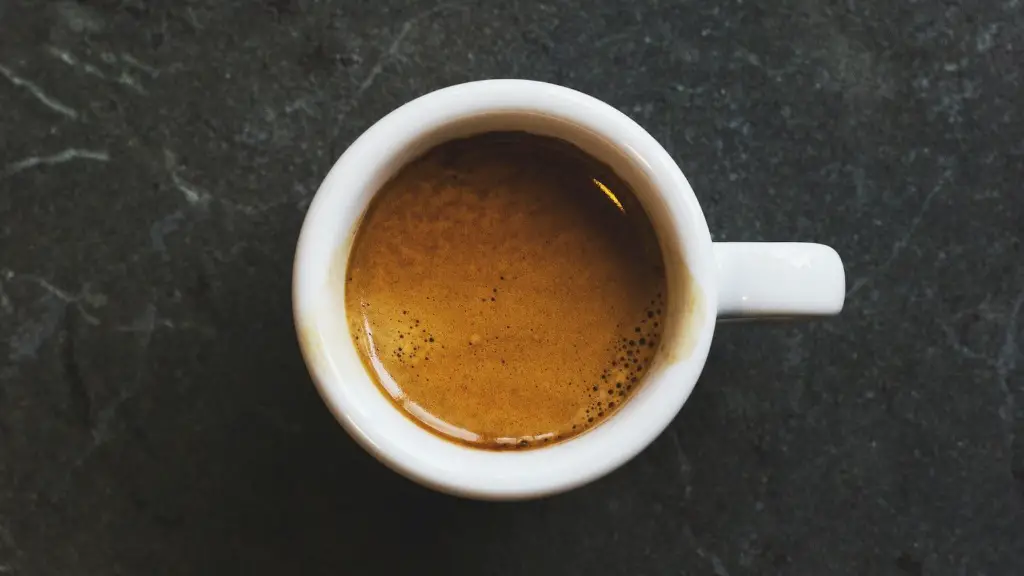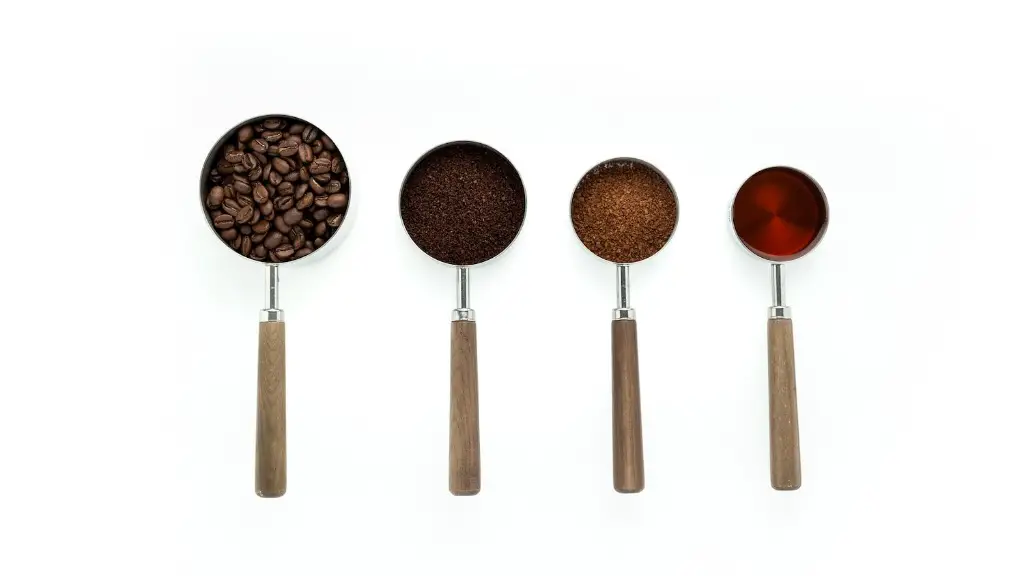Coffee and Breastfeeding
When you are a breastfeeding mother, caffeine is something that you may be thinking about. After all, caffeine is present in a range of different drinks, from coffee to energy drinks, tea, cola and more. You may have heard the question, “what happens if I drink coffee while breastfeeding?” It is an important one, as drinking coffee can inadvertently affect your baby and have other unforeseen issues.
There are multiple opinions when it comes to caffeine and breastfeeding. Generally, it is recommended that breastfeeding mothers only consume one or two servings of caffeine per day. This is to ensure that the caffeine isn’t taken in too high of an amount, and that it doesn’t get passed to the baby through the mother’s breast milk. Usually, one cup of coffee contains around 150mg of caffeine, while larger servings can contain around 500mg.
Caffeine is taken into the body through the drink and also absorbed by the intestines. This means that although the mother may consume caffeine, over time, the body begins to gradually remove it from the system and sends it to the baby through the breastmilk. Generally speaking, if a mother drinks a cup or two of coffee per day, chances are that the baby will not be affected too much and should be alright. However, it may be noticeable that the baby might become more fussy or need more breastfeeding.
Ultimately, the long-term effects of consuming too much caffeine when breastfeeding are unknown and should be avoided. High levels of caffeine, if ingested, can increase heart rate and can possibly also affect development. Potential risks also include dehydration, which can lead to a decrease in antibodies and an increase in colic. Furthermore, too much caffeine can have a negative effect on the absorption of essential micronutrients, such as zinc and iron, which can effect growth and weight gain.
The best thing to do is speak with a doctor who will help you decide what your caffeine intake should be and what kind of coffee you should drink. There are also various research groups who specialize in the effects of caffeine and breastfeeding that can provide valuable advice, such as the American Academy of Pediatrics and the World Health Organization. It is important to note that caffeine has many benefits, such as increased alertness, improved mood and increased stamina. However, it is important to be mindful of the potential risks.
Coffee Alternatives while Breastfeeding
If you find that drinking coffee while breastfeeding is not ideal, there are still alternatives that can provide a similar boost without the same risks. Many breastfeeding mothers are opting for drinks that are naturally caffeinated and do not contain high levels of caffeine. Examples include natural green tea and more herbal teas. These types of beverages are increasing in popularity because they contain a smaller amount of caffeine, while still providing energy. Additionally, they offer the added benefits of antioxidants and other nutrients that can help boost the immune system.
Alternatively, there are non-caffeinated drinks that can also help provide a boost and boost energy levels. These beverages are usually free from caffeine, but are made from natural ingredients and provide a range of other nutrients. Examples include honey, ginger, lemon, coconut water and more. These drinks may provide essential vitamins and minerals that can aid breastfeeding. It is important to read the labels and monitor your intake of these drinks.
Lastly, one thing to be mindful of is the amount of sugar that is present in certain drinks. Too much sugar can accumulate in the mother’s milk and may cause harm to the baby. It is important to check the labels and be aware of the amount of sugar in the drinks that you are consuming.
Brewed Coffee while Breastfeeding
If you are looking to take advantage of the benefits of coffee while breastfeeding, then brewed coffee is the safest way to do so. This is because brewed coffee typically contains much less caffeine than other types of coffee, such as instant coffee. Also, when it is brewed, the beans are broken down and many of the harmful chemicals are not present in the beverage. Therefore, if you are looking for a way to enjoy coffee while breastfeeding, it is recommended to choose brewed coffee to reduce potential risks.
Also, it is important to be mindful of how much coffee you are consuming. Usually, it is recommended to limit intake to one or two servings per day. Also, it is recommended to not have more than four servings per day, so that the caffeine is not taken in too high of an amount. Furthermore, it is important to remember that certain factors, such as genetics and lifestyle, can also affect the amount of caffeine that a mother can consume.
It is also worthwhile considering decaf coffee. Decaf coffee is a great choice for those looking to still consume coffee, without the added caffeine. Decaf coffee is made by removing the caffeine from the beans, while preserving the flavour and structure of the bean. Additionally, most decaf coffees also contain a range of beneficial antioxidants that can help fight infections.
Should I Avoid Coffee while Breastfeeding?
Whether or not to avoid coffee while breastfeeding is a personal decision and one that should be made after consulting a doctor. Ultimately, caffeine in moderate amounts may be beneficial and is not thought to have a large impact on breastfeeding babies. However, it is important to be mindful of individual reactions. If you find that your baby is reacting to the caffeine, then it may be wise to reduce or eliminate your coffee intake.
In addition to asking your doctor, it is also useful to pay attention to the signs that your baby is giving you. If you find that the baby is discomforted or fussy after the mother has had caffeine, it is good to reduce or eliminate altogether. Each mother’s body is different, so it is best to monitor the baby’s reaction to the coffee as a measure of safety.
Overall, caffeine intake while breastfeeding is something to be mindful of, but should also not be overly worrisome. In general, one to two servings per day should be fine and if you find that this is not the case, it may be wise to reduce. Ultimately, the best advice is to consult with a doctor who will provide more information on the topic.
Caffeine Intake and Sleep
Another aspect to consider when it comes to caffeine and breastfeeding is the impact it can have on the mother’s sleep. Excessive caffeine consumption can have a negative effect on sleep, and can disrupt sleep patterns. Therefore, it is important to be mindful of the amount of caffeine consumed and to look for other ways to increase energy levels, such as exercise.
It’s also essential to understand that breastfeeding mothers need more sleep than most adults and not getting enough sleep can impact their welfare, energy levels and may also lead to an increase in stress hormones. Sleep deprivation can also increase the risk of postpartum depression, anxiety and other mental health issues, so this is something that should not be taken lightly.
Ultimately, the best advice is to achieve the recommended amount of sleep that is necessary for a breastfeeding mother. This usually amounts to eight hours per night, and caffeine consumption should be kept to a minimum during this time.
The Power of Hydration
One of the most important aspects to consider when thinking about caffeine and breastfeeding is hydration. Drinking adequate amounts of water is critical for both the mother and baby. Not drinking enough water can lead to dehydration, which can have a range of impacts, such as fatigue, headaches, dizziness and more. It is also important to be mindful of the fact that coffee can cause dehydration, so this is something that should be avoided.
It is important to stay hydrated by drinking plenty of water throughout the day, not just when you feel thirsty. Some experts suggest that two to three litres per day is optimal, but this can be hard to achieve if you are breastfeeding and consuming caffeine. This is why it is a good idea to drink some water along with your coffee and also to drink water frequently throughout the day.
It is also important to note that certain foods and drinks can also be helpful in providing essential hydration to the body. Examples include fruits, soups, coconut water, herbal teas and more. All of these can help keep the body hydrated and can help reduce the amount of caffeine consumed. Furthermore, staying hydrated will also have a range of other benefits, such as better skin, better digestion and improved mood.
Breast Milk Supplementation
If a mother consumes too much caffeine and is concerned about it impacting the baby, there are other options for supplementing breast milk. Formula is one such option, as it is often easier to control the amount of caffeine intake with formula. Furthermore, there are other liquid supplements available that can provide a similar benefit. An example includes specialised milks, such as goat milk and almond milk, which both contain lower levels of caffeine. Although these milks are not a substitute for breast milk, they can be used to supplement the nutritional needs of the baby.
Overall, it is important to be aware of the potential risks of drinking too much caffeine when breastfeeding and to talk to your doctor if necessary. There are a variety of options for providing additional nutrition to the baby if the mother is concerned about consuming too much caffeine. Ultimately, the best option is to discuss the matter with your doctor, who will be able to provide tailored advice.





